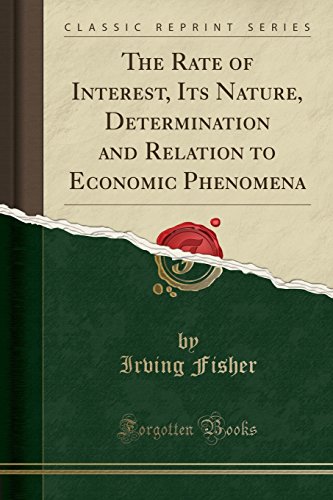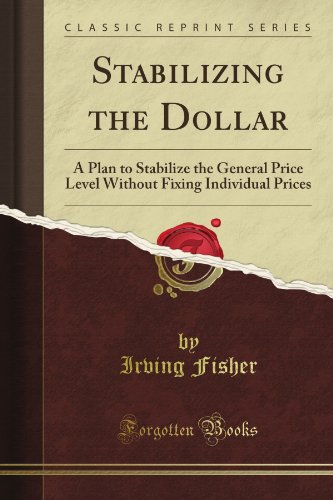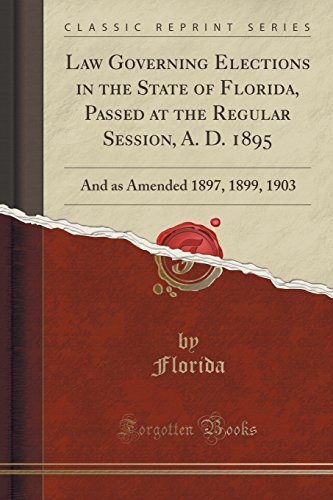
A DEPRESSION is a condition in which business becomes unprofitable. It might well be called The Private Profits disease. Its worst consequences are business failures and wide-spread unemployment. But almost no one escapes a degree of impoverishment. The whole tragedy of the Great Depression is summed up in what happened to the Real Dollar. From 1929 to March 1932, by reason of the lowering price level, the real dollar, measured by 1929, became $1.53; later (third week of June, 1932) $1.62. Thus all the liquidation that had been accomplished down to 1932 left the unpaid balances more burdensome (in real dollars of 153 cents apiece) than the whole debt burden had been in 1929, before liquidation began. Only one category of debt seems to have been reduced in fact as well as in name. This was brokers’ loans, which were reduced, in name, 94.4 per cent, and in fact, 91 per cent. On the commercial bank debts of 39 billion, though 8½ billions had been paid up to 1932 (nominally a reduction of 21.8 per cent) the burden had not decreased but actually increased by 20 per cent.
Author: Irving Fisher
Binding: Paperback
EAN: 9781453697641
Condition: New
Manufacturer: CreateSpace
Number of items: 1
Number of pages: 260
Product group: Book
Studio: CreateSpace
Publication Date: 2010-07-08
Publisher: CreateSpace
Pages: 260
ISBN: 1453697640







































